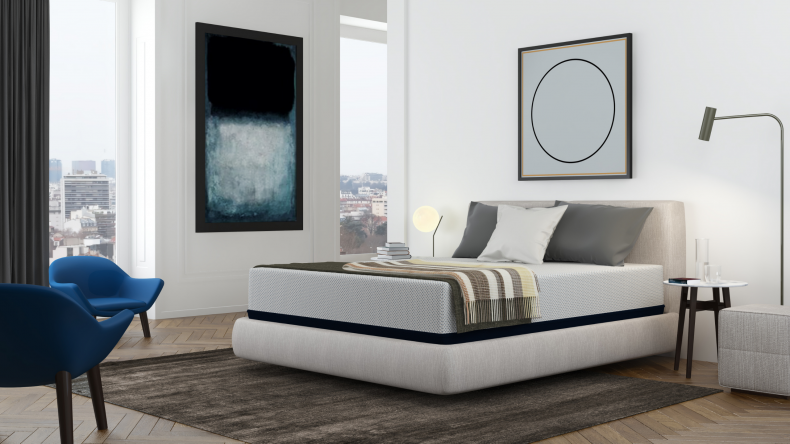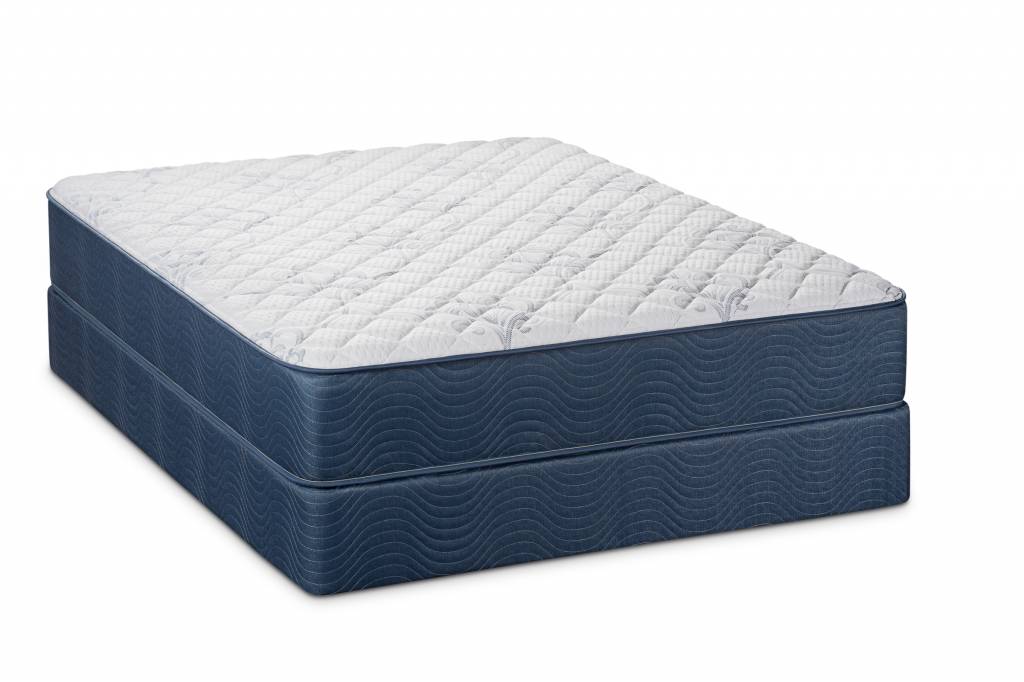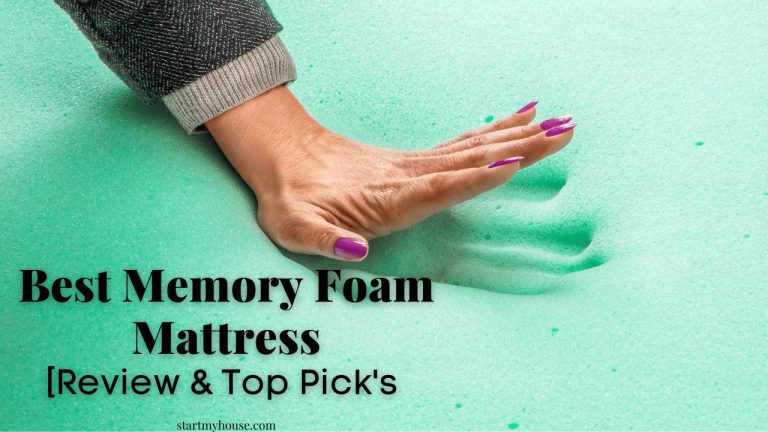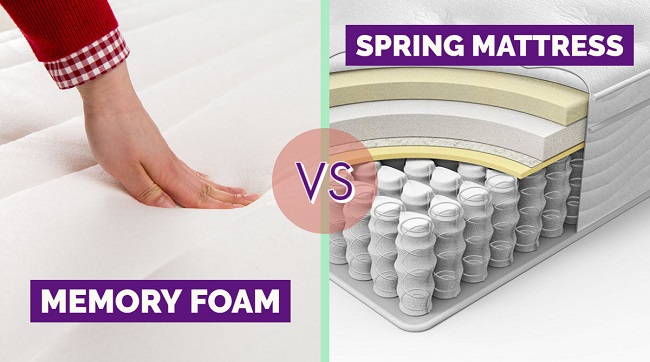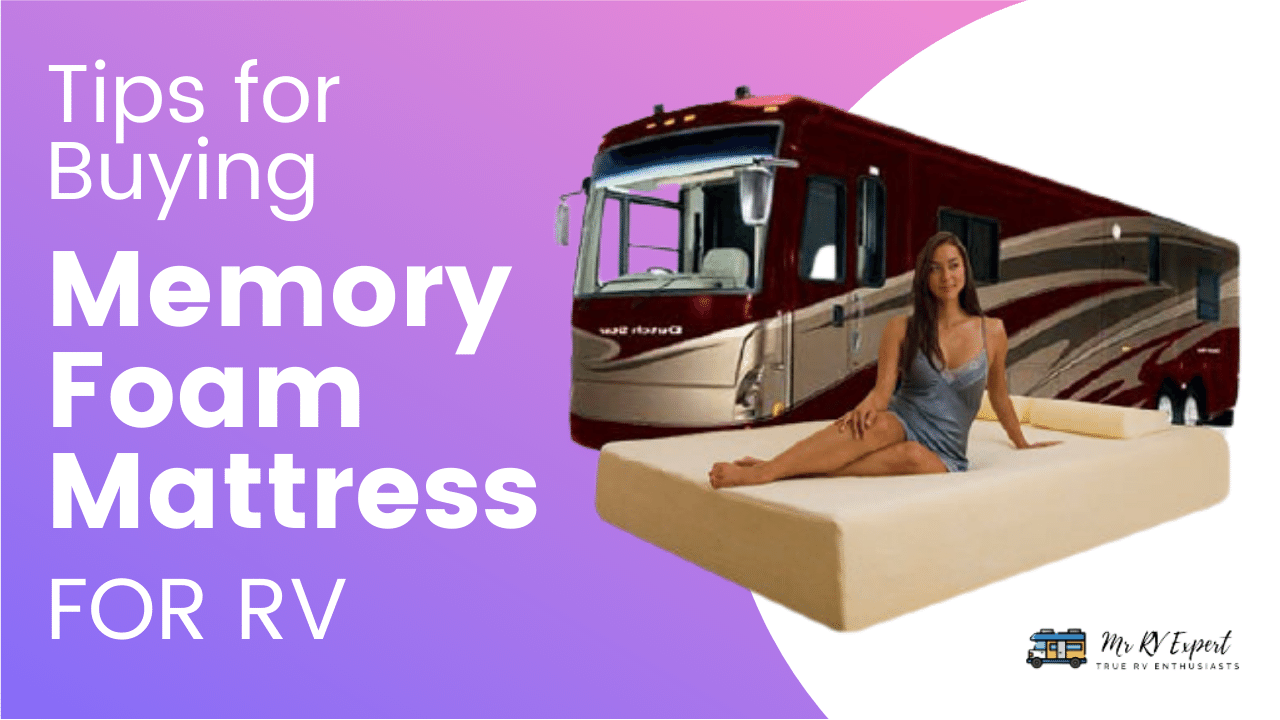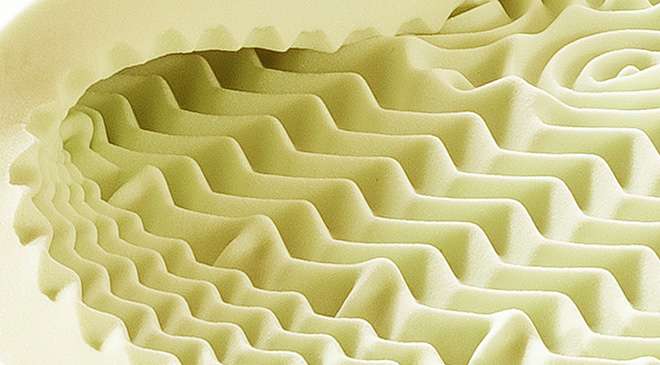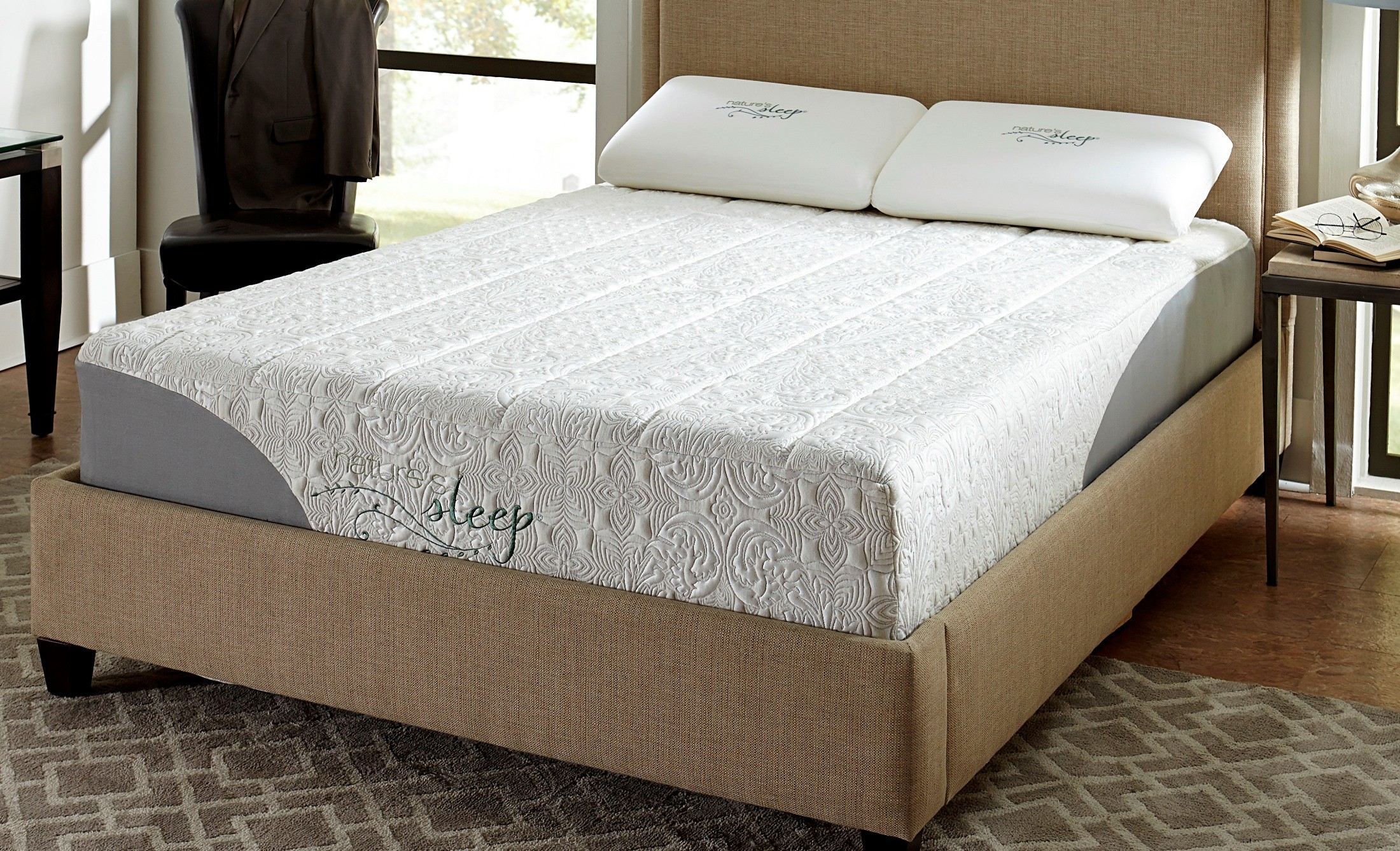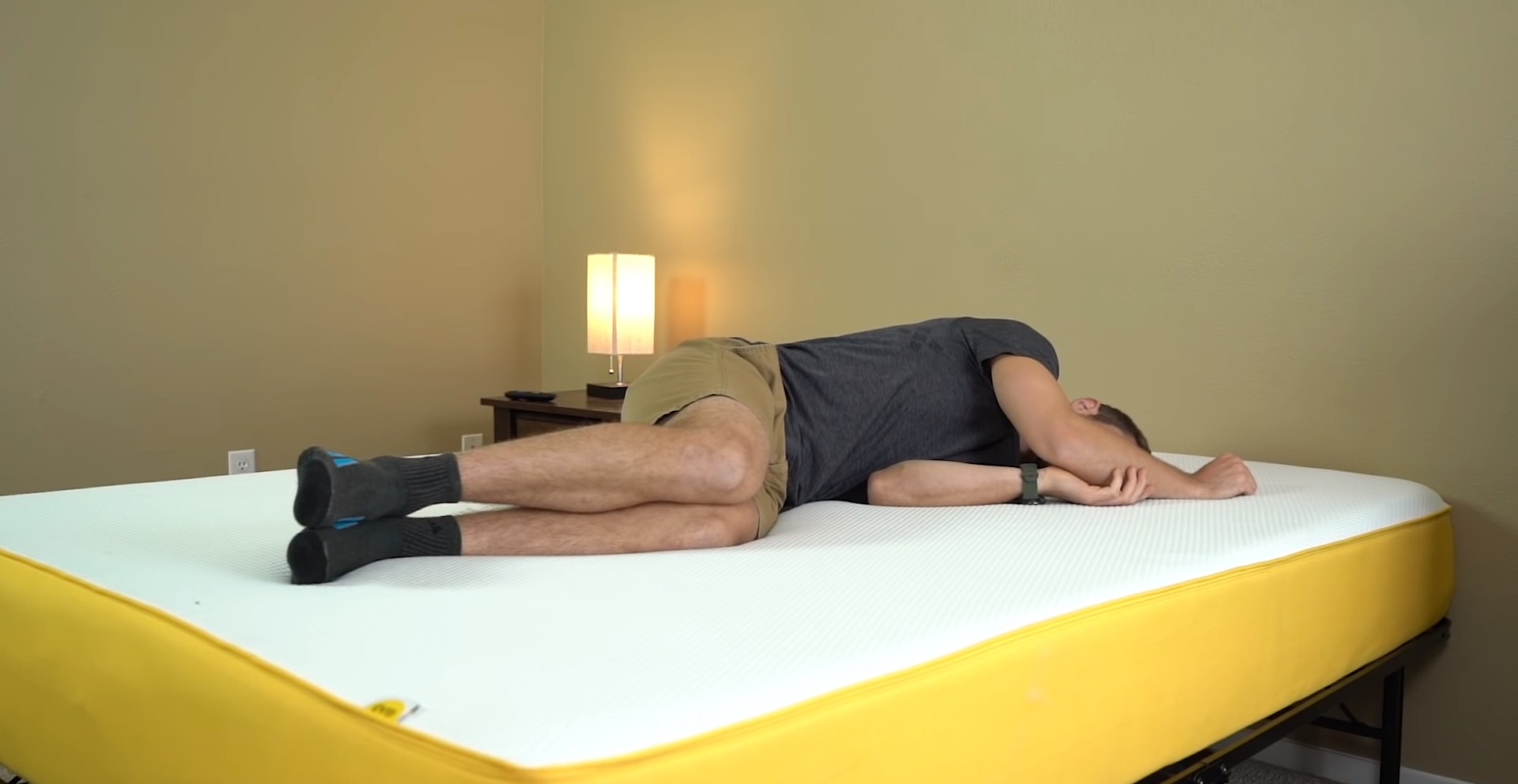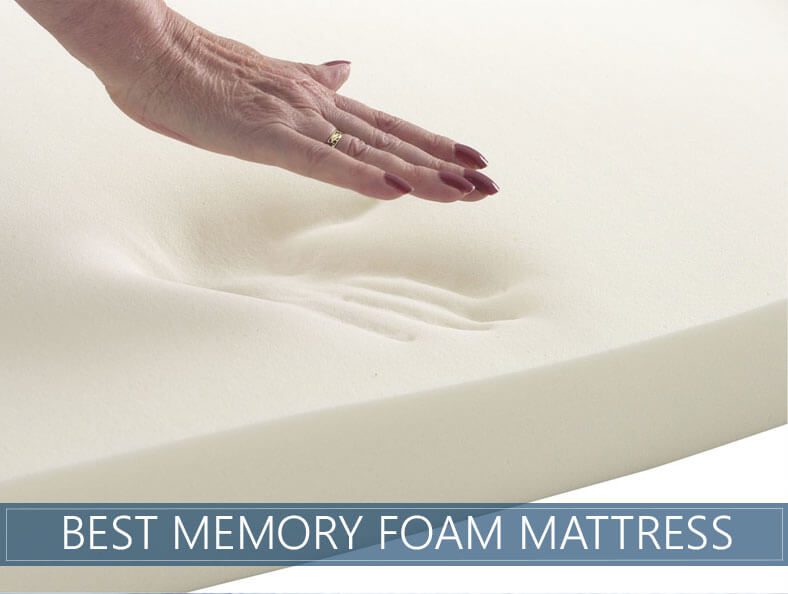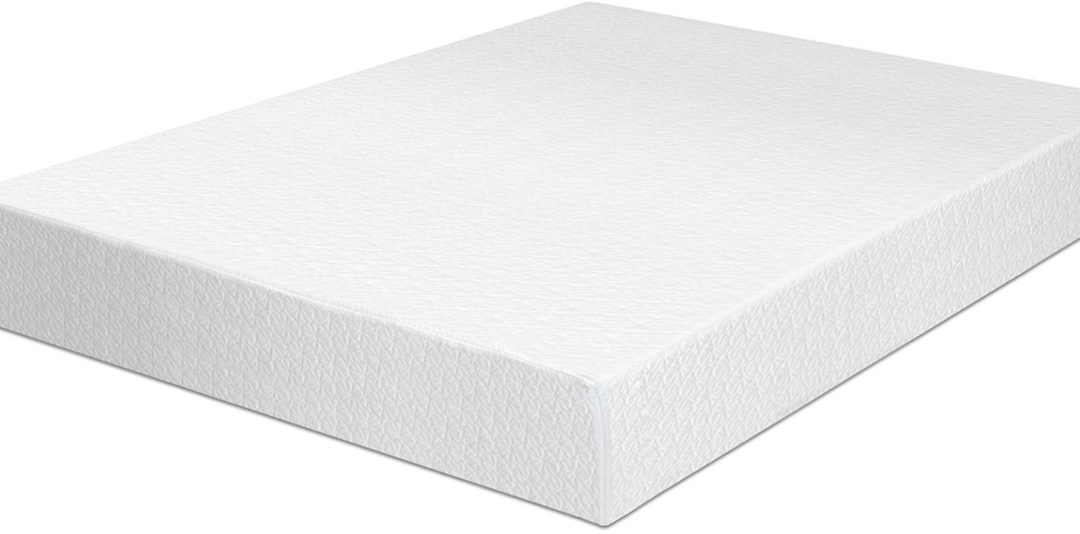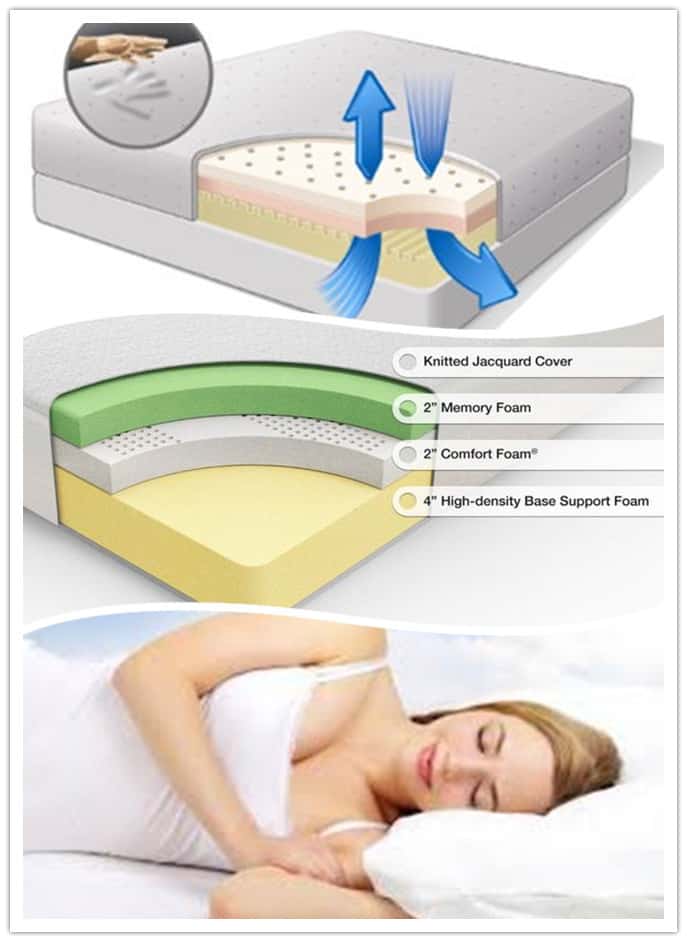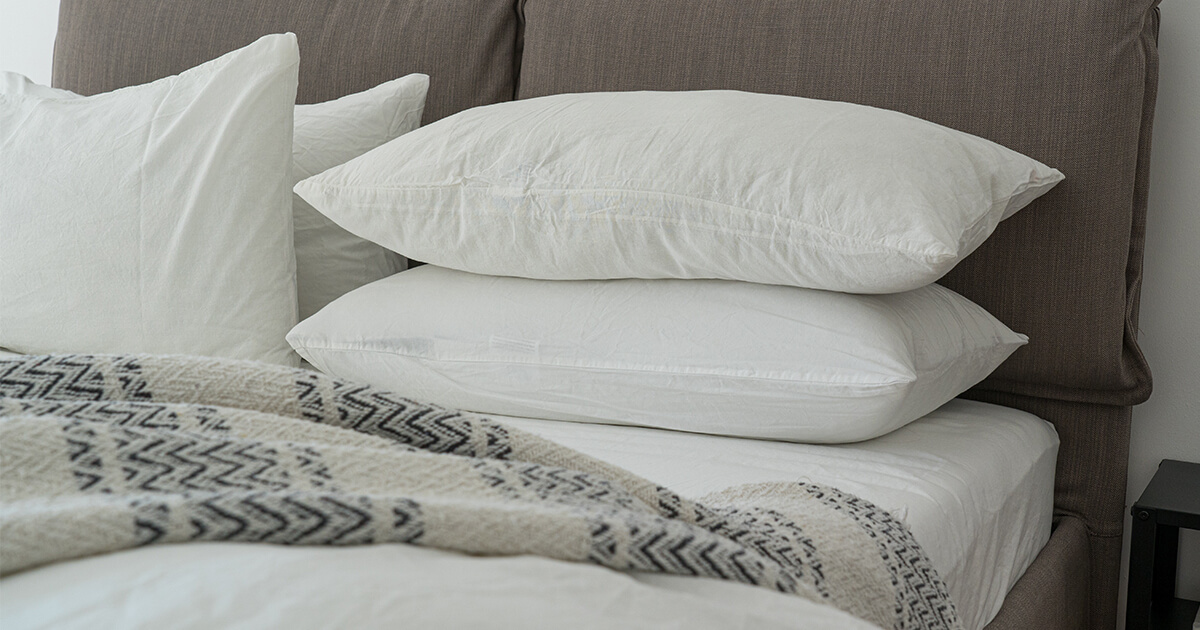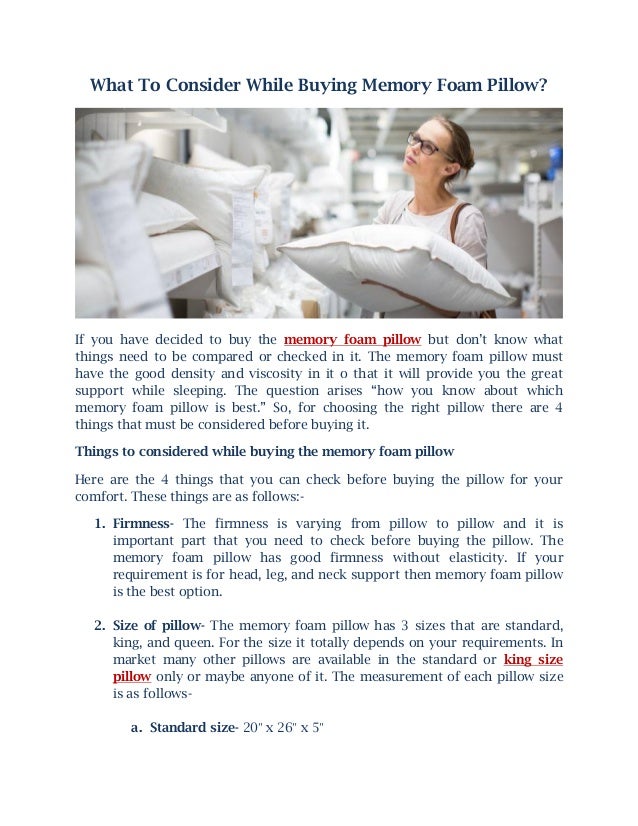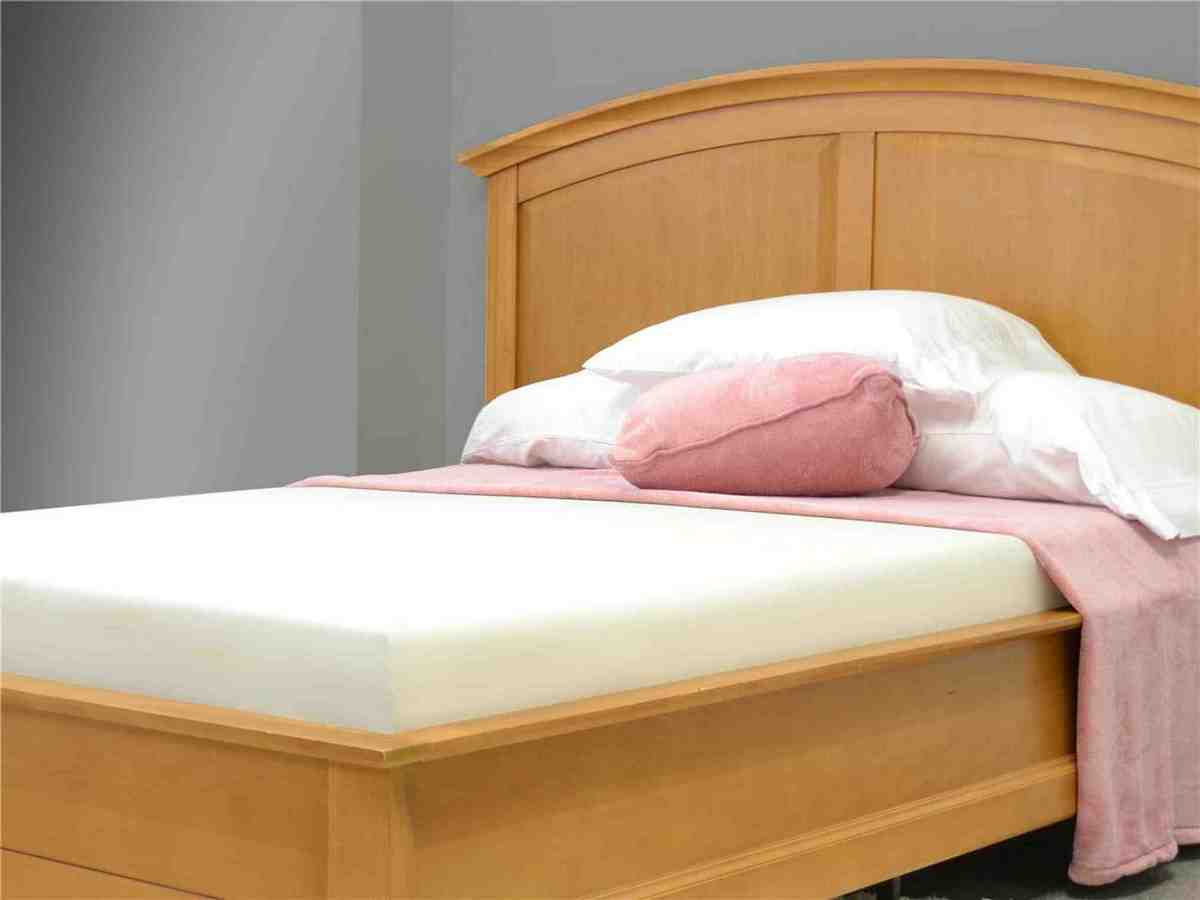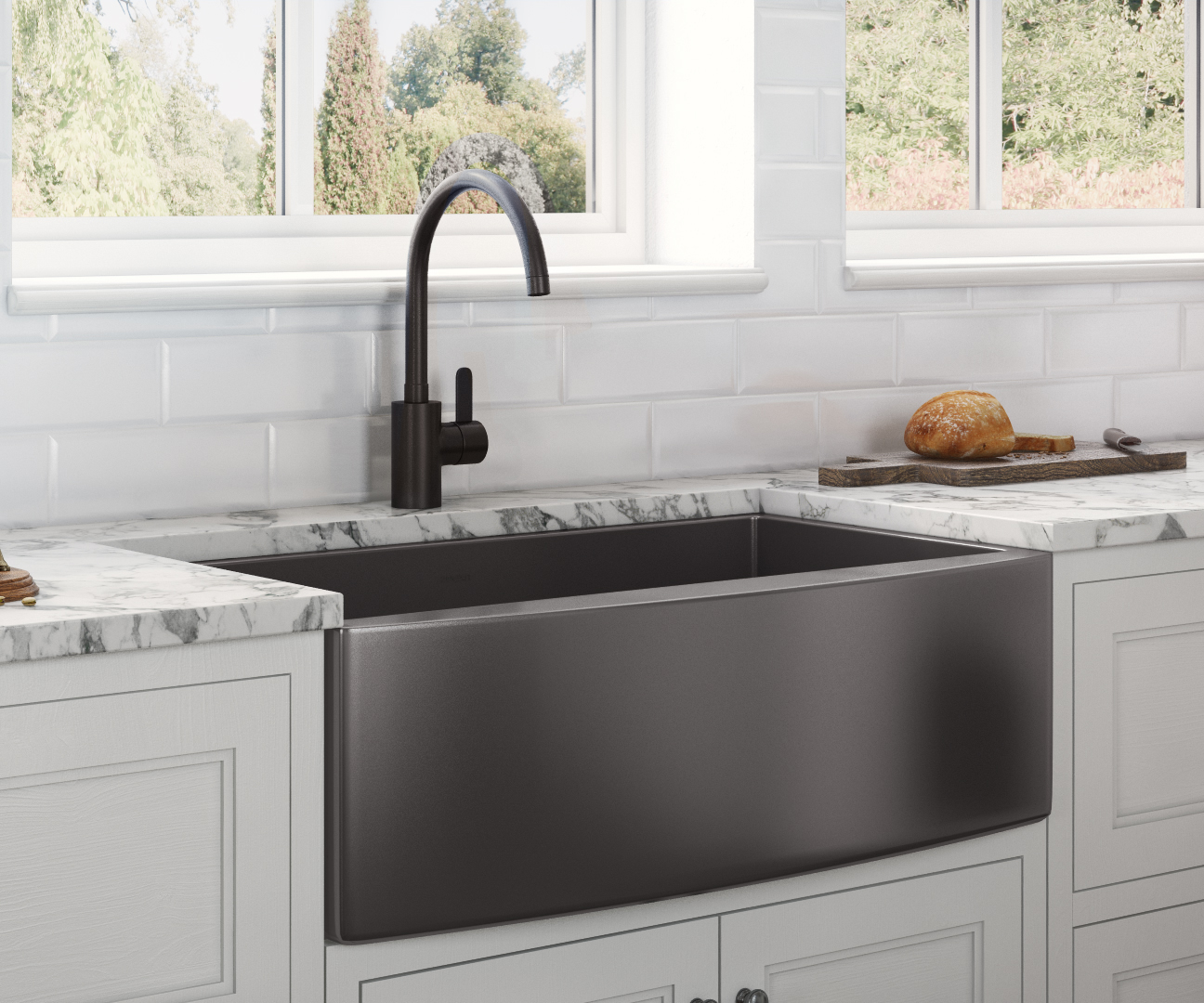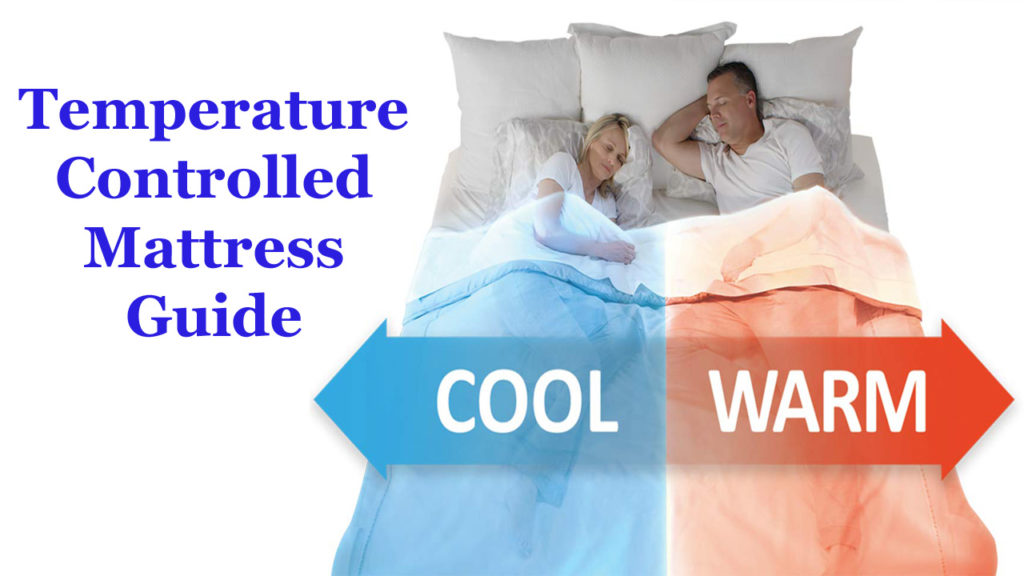Memory foam mattresses have become increasingly popular in recent years, thanks to their ability to provide a comfortable and supportive sleep experience. However, with so many options on the market, it can be overwhelming to choose the right one for you. In this guide, we will break down the top 10 things you need to know when buying a memory foam mattress.Guide to Buying Memory Foam Mattress
Not all memory foam mattresses are created equal. There are three main types: traditional, gel-infused, and plant-based memory foam. Traditional memory foam is the most common and provides excellent pressure relief. Gel-infused memory foam is designed to keep you cool while sleeping, and plant-based memory foam is made from natural materials and is more environmentally friendly.1. Understand the Different Types of Memory Foam
When choosing a memory foam mattress, it's important to consider your sleeping position. Side sleepers may prefer a softer mattress that allows for better pressure relief, while back and stomach sleepers may need a firmer mattress for proper support.2. Consider Your Sleeping Position
Density and indentation load deflection (ILD) are two important factors to consider when buying a memory foam mattress. Density refers to the weight of the foam, while ILD measures the firmness. A higher density and ILD indicate a firmer mattress, while a lower density and ILD mean a softer mattress.3. Look at the Density and ILD
When buying a memory foam mattress, make sure to look for certifications such as CertiPUR-US® and OEKO-TEX®. These certifications ensure that the mattress is made without harmful chemicals and meets strict environmental and safety standards.4. Check for Certifications
One of the biggest benefits of memory foam mattresses is their ability to isolate motion, making them an excellent choice for couples. Look for mattresses with thicker foam layers for better motion isolation.5. Consider Motion Isolation
Before making a purchase, be sure to check the warranty and return policy of the memory foam mattress. A good warranty should cover any manufacturing defects, and a generous return policy will give you peace of mind if the mattress doesn't meet your needs.6. Look at the Warranty and Return Policy
The thickness of a memory foam mattress can range from 6 inches to 14 inches or more. Thicker mattresses tend to be more supportive and provide better pressure relief, while thinner mattresses may not be as durable.7. Think About the Thickness
Memory foam mattresses can range in price from a few hundred dollars to over a thousand dollars. It's essential to determine your budget and stick to it when shopping for a mattress. Keep in mind that a higher price doesn't always mean a better mattress.8. Consider Your Budget
Before making a final decision, be sure to read reviews and compare different brands of memory foam mattresses. Look for common complaints and praises to get a better idea of the overall quality of the mattress.9. Read Reviews and Compare Brands
Why Choose a Memory Foam Mattress for Your Home

Comfort and Support
 When it comes to providing a good night's sleep, the
memory foam mattress
stands out among the rest. This type of mattress is designed to
mold
and
conform
to your body shape, providing
customized
comfort and support. It
distributes
your body weight evenly,
relieving
pressure points and
promoting
proper
spinal alignment
. This not only helps you sleep better but also
improves
your overall
health
and
wellness
. No more tossing and turning, or waking up with aches and pains – a memory foam mattress
ensures
a
restful
and
rejuvenating
sleep experience.
When it comes to providing a good night's sleep, the
memory foam mattress
stands out among the rest. This type of mattress is designed to
mold
and
conform
to your body shape, providing
customized
comfort and support. It
distributes
your body weight evenly,
relieving
pressure points and
promoting
proper
spinal alignment
. This not only helps you sleep better but also
improves
your overall
health
and
wellness
. No more tossing and turning, or waking up with aches and pains – a memory foam mattress
ensures
a
restful
and
rejuvenating
sleep experience.
Durability and Longevity
 Investing in a
memory foam mattress
means investing in a long-term sleeping solution. These mattresses are made from high-quality,
durable
materials that are
designed
to
last
for years. Unlike traditional mattresses, which can
sag
and
lose
their
shape
over time, memory foam mattresses
retain
their
support
and
comfort
for a longer period. This means you won't have to replace your mattress frequently,
saving
you
money
in the long run.
Investing in a
memory foam mattress
means investing in a long-term sleeping solution. These mattresses are made from high-quality,
durable
materials that are
designed
to
last
for years. Unlike traditional mattresses, which can
sag
and
lose
their
shape
over time, memory foam mattresses
retain
their
support
and
comfort
for a longer period. This means you won't have to replace your mattress frequently,
saving
you
money
in the long run.
Hypoallergenic and Eco-Friendly
 For those who suffer from allergies or are environmentally conscious, a
memory foam mattress
is the ideal choice. These mattresses are
hypoallergenic
,
resistant
to
dust mites
,
mold
, and
other allergens
. They are also made with
eco-friendly
materials and
low
in
harmful
chemicals, making them a
healthier
and
safer
option for both you and the environment.
For those who suffer from allergies or are environmentally conscious, a
memory foam mattress
is the ideal choice. These mattresses are
hypoallergenic
,
resistant
to
dust mites
,
mold
, and
other allergens
. They are also made with
eco-friendly
materials and
low
in
harmful
chemicals, making them a
healthier
and
safer
option for both you and the environment.
In Conclusion
 A
memory foam mattress
is a
wise
and
beneficial
investment for any home. It provides
customized
comfort and support, is
long-lasting
, and is
hypoallergenic
and
eco-friendly
. When purchasing a memory foam mattress, be sure to
research
and
compare
different brands and models to find the
perfect
fit for your needs and budget. With a
memory foam mattress
, you can
look forward
to
restful
nights and
energized
mornings.
A
memory foam mattress
is a
wise
and
beneficial
investment for any home. It provides
customized
comfort and support, is
long-lasting
, and is
hypoallergenic
and
eco-friendly
. When purchasing a memory foam mattress, be sure to
research
and
compare
different brands and models to find the
perfect
fit for your needs and budget. With a
memory foam mattress
, you can
look forward
to
restful
nights and
energized
mornings.












